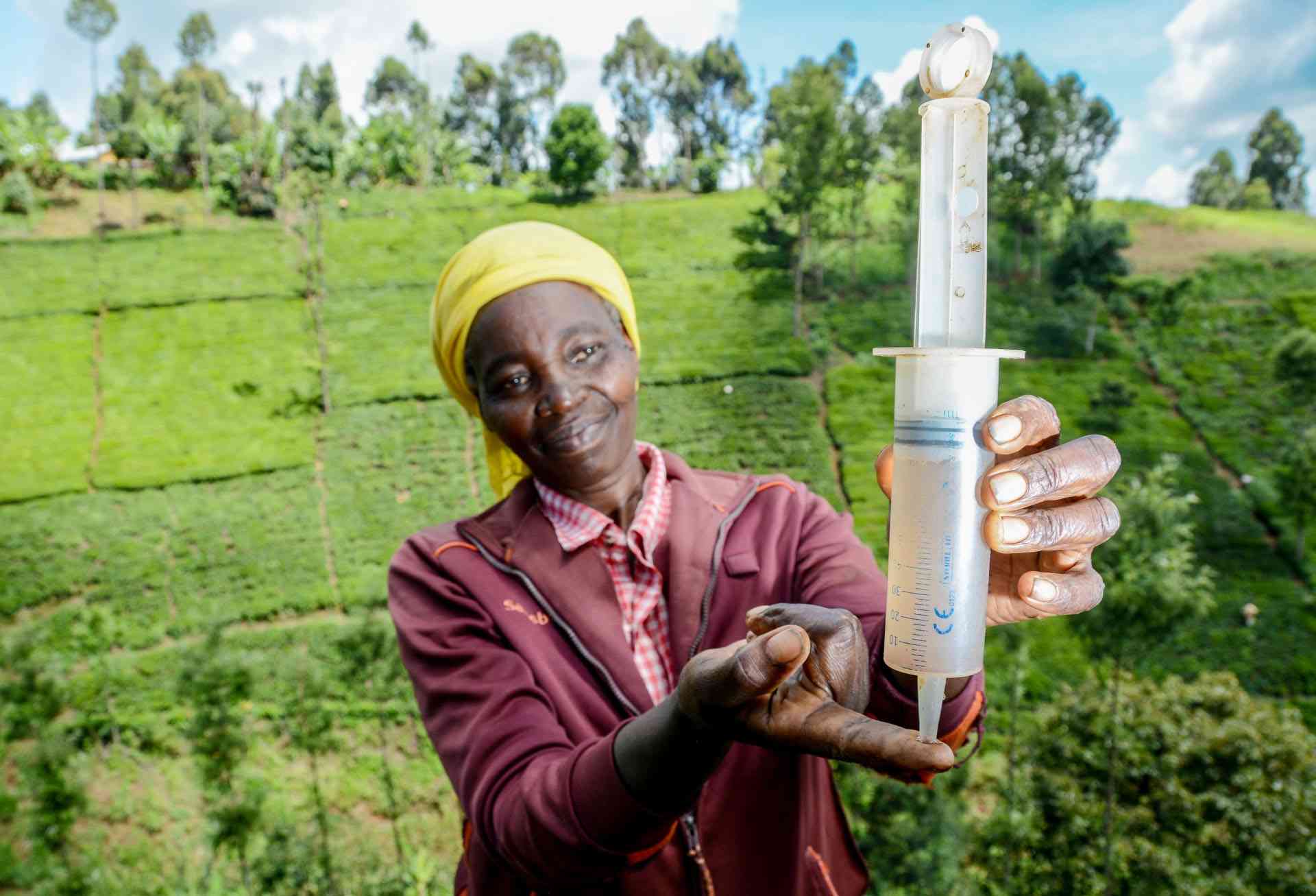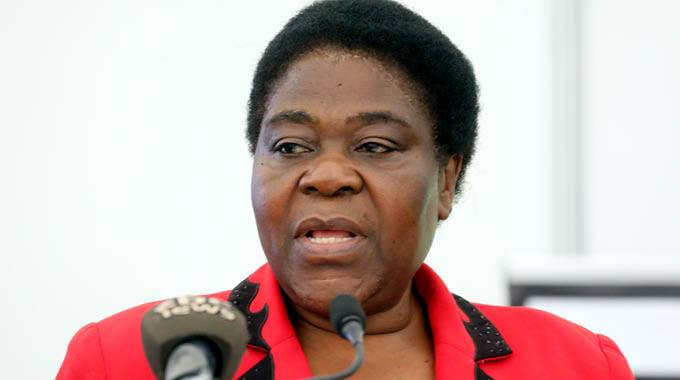
The El Niño climate phenomenon has increased the frequency of drought, but together we can help farmers and communities to better manage water risks.
On April 3, 2024, President Emmerson Mnangagwa declared drought a national disaster, requesting US$2 billion for humanitarian assistance to address the prolonged drought crisis, amidst predictions of significant food deficits.
The declaration follows similar actions by neighbouring Malawi and Zambia.
With over half of Zimbabwe's 15 million people living in rural areas and relying on subsistence farming, the current drought has resulted in widespread crop failure, leading to food shortages and jeopardising food security for millions.
The World Food Programme (WFP) estimates that 2,7 million Zimbabweans currently require food assistance, and this number is expected to increase significantly in the coming months.
The drought's severity has also forced many people to use unsafe water sources, contributing to sporadic outbreaks of cholera and other waterborne diseases in certain parts of the country.
El Niño is a key driver of the 2024 drought crisis.
A report by the Grantham Institute at Imperial College London found that droughts similar to the one currently affecting Zimbabwe are expected to occur approximately once per decade under current climate conditions.
However, when factoring in El Niño, these droughts are more likely to occur once every five years.
As the frequency of drought increases, it is imperative to strengthen Zimbabwe's preparedness for climate-related risks.
National strategy documents, such as the Zimbabwe National Agriculture Policy Framework 2019-2030, demonstrate ambition to shift from mere relief efforts to long-term solutions.
These solutions include promoting the use of drought-resistant crops, educating farmers on resilient and sustainable agricultural practices, rehabilitating broken water sources, investing sustainably in irrigation schemes, and increasing investment in agricultural research and development, technology, and extension systems.
While Zimbabwe has early warning systems and coordinated emergency response mechanisms in place, these could be further strengthened by incorporating anticipatory action.
This novel approach aims to prevent or minimise the impact of a potential disaster before it fully unfolds.
The International Water Management Institute (IWMI) has implemented a successful pilot project on anticipatory action in neighbouring Zambia.
As part of the CGIAR Initiative on Climate Resilience (ClimBeR), Zambia is one of six countries implementing anticipatory action to better cope with the devastation caused by increasing climate variability.
The anticipatory action mechanism utilises a tool called the Aware platform.
Aware disseminates comprehensive information covering climate, market dynamics, health, nutrition, and population displacement.
It fosters collaboration among diverse partners, promoting joint actions to strengthen preparedness and streamline response mechanisms.
For governments and development partners grappling with El Niño-related droughts, the Aware platform is a game-changer.
It facilitates the transformation of early warnings into concrete actions, mitigating the impact of droughts before they fully materialise.
By identifying community risks and facilitating the development of proactive plans, Aware empowers stakeholders to turn early warnings into effective solutions.
IWMI has a strong track record of collaborating with governments, policymakers, farmers, civil society, water managers, development partners, and businesses to address water challenges and implement effective solutions.
This includes developing water-saving irrigation techniques, drought-tolerant crop varieties, and remote sensing tools for monitoring water resources.
By facilitating technology transfer and knowledge sharing, we aim to empower countries to leverage the latest innovations in water management and agriculture, ultimately building resilience to droughts.
By investing in sustainable practices, resilient agriculture, responsible water management, and early warning systems that integrate anticipatory action, we can build a Zimbabwe that withstands future droughts and ensures food security for generations to come.
*Dr Henry Roman is the country representative for South Africa, Zambia, and Zimbabwe — and Southern Africa regional representative at International Water Management Institute.









